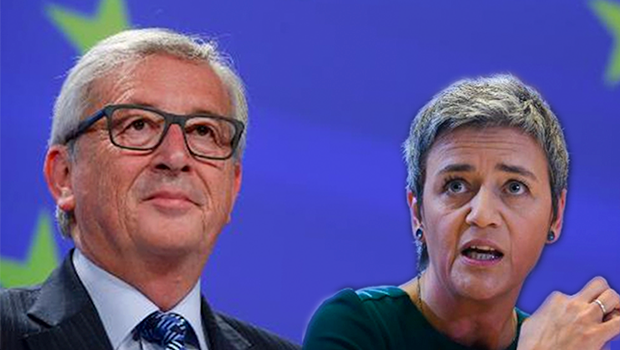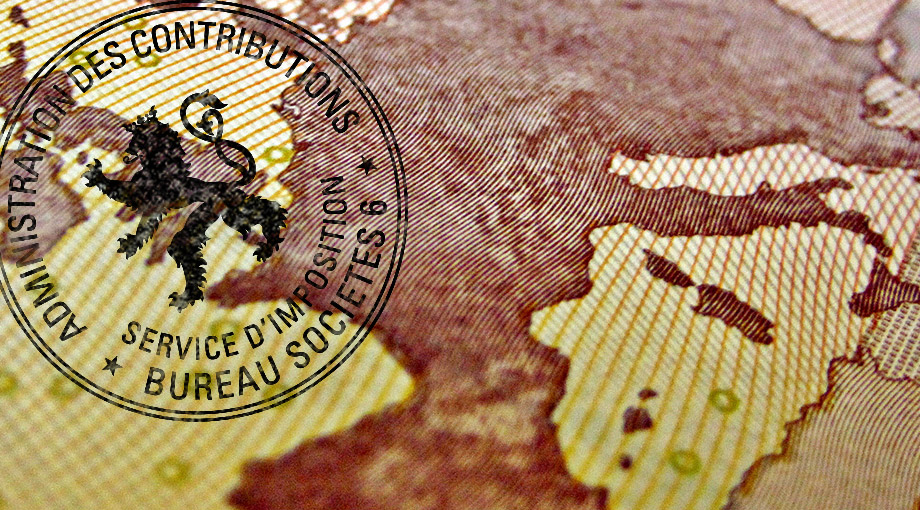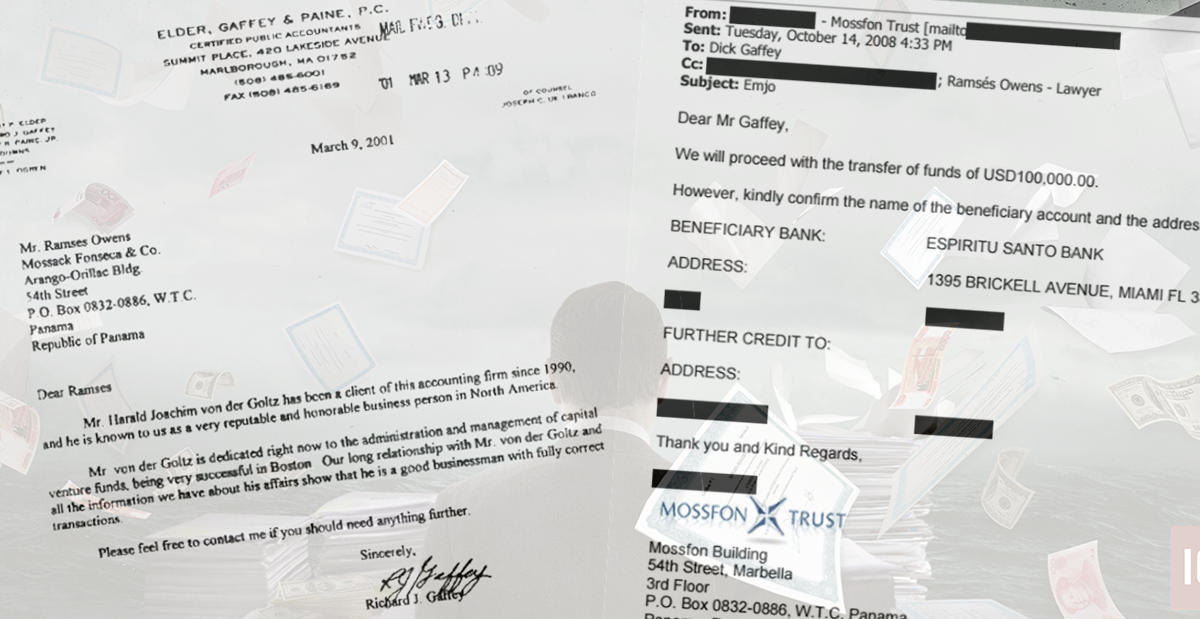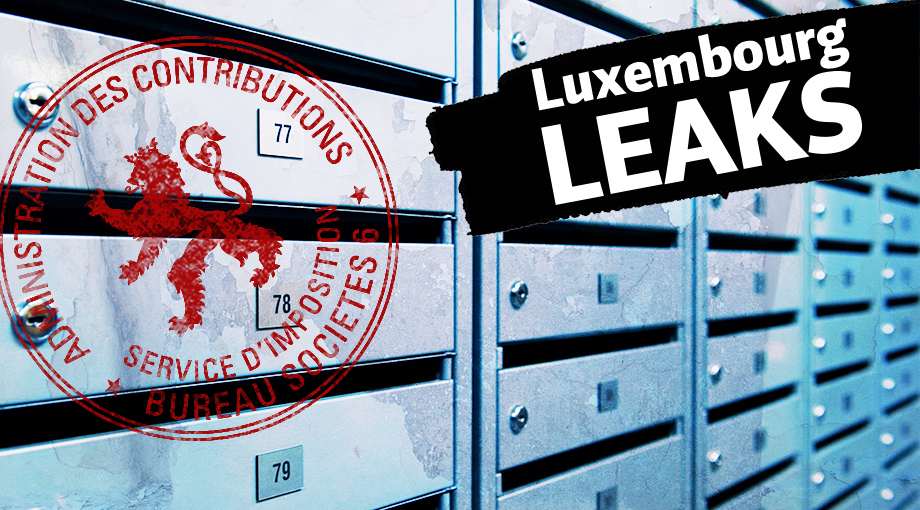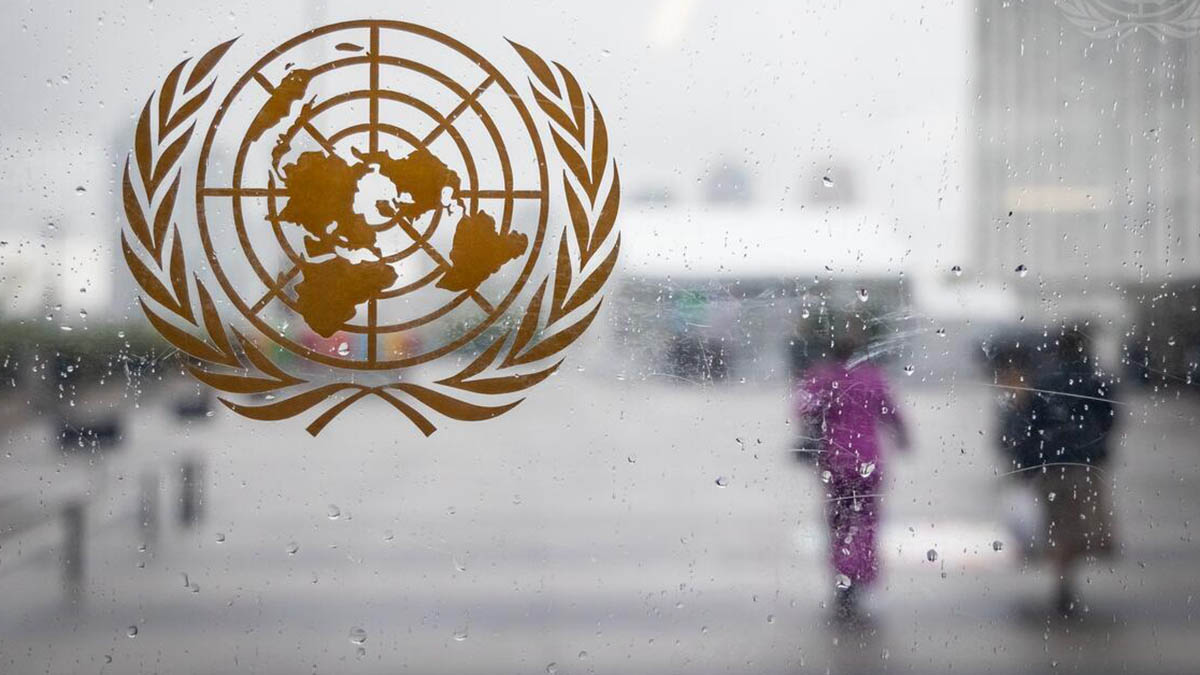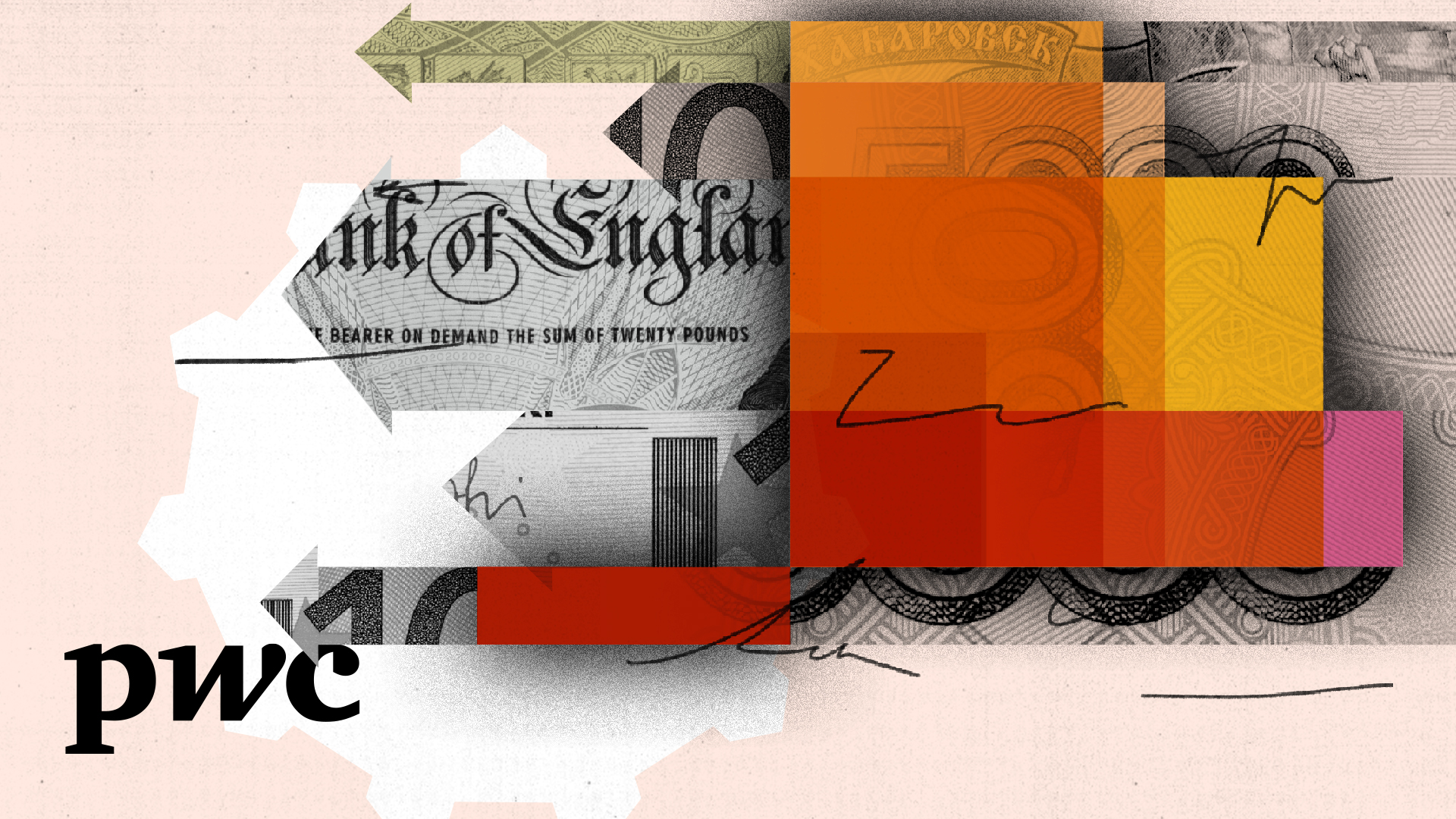Almost five years ago, the International Consortium of Investigative Journalists published its Lux Leaks investigation, exposing how some of the world’s largest corporations cycled billions of dollars through Luxembourg so as to avoid paying huge amounts of tax — taxes that otherwise could have ended up in the coffers of other European countries.
The revelations laid bare more than 300 secret tax deals that Luxembourg had struck with global businesses, including Disney, Skype, GlaxoSmithKline, Koch Industries and Black & Decker.
In several cases, the deals — known as “tax rulings” — allowed firms to pay less than 1 percent tax in Luxembourg.
The EU’s second smallest member state was secretly offering huge tax favors on an industrial scale. In some instances, leaked documents showed officials even granted lucrative tax deductions for “deemed interest” — that is, pretend payments of interest on loans that, in reality, were interest-free.
In 2014, there were immediate calls for the European Union’s then-new competition commissioner Margrethe Vestager to take action.
If Luxembourg’s tax rulings were found to offer benefits to preferred companies then Vestager could use EU competition law — which bars countries from giving state aid to favored businesses — to reverse these deals and force multinationals to make up years of tax underpayment.
But Vestager declined immediate action.
“We consider the Luxembourg-leaked documents as market information,” she told reporters in November 2014. “We will examine it and evaluate whether or not this will lead to the opening of new cases.”
Now time is running out. The current Commission is coming to the end of its five-year term, and Vestager remains silent. Why?
Certainly, the Lux Leaks scandal was an uncomfortable episode for her boss, Commission president Jean-Claude Juncker. He had previously served as Luxembourg prime minister for almost two decades, the time period in which his officials approved the Lux Leaks tax deals.
In the UK, Margaret Hodge, a member of the British parliament and a prominent tax campaigner, asked: “How can we know he’s working in the interest of Europe when, as prime minister in Luxembourg, he has exploited populations in every European country and elsewhere for decades?”
Many skeptics asked the same question. But Juncker faced down the barrage of criticism, comfortably surviving a no-confidence vote in the European Parliament — and even repositioning himself as a champion of tax reform.
“I have said the Commission will fight … tax avoidance,” he emphasized. “I would like everyone to understand this is not just words for the sake of words. This very much forms part of the Commission’s intentions.”
In particular, he pointed to the work of Vestager’s department, which a year before his arrival had already begun enforcement actions focused on tax avoidance by multinationals active not just in Luxembourg but in other avoidance-friendly EU countries, too.
Confidential tax rulings awarded to Apple, Starbucks, Fiat and Amazon were already under investigation. And after the Lux Leaks scandal, Vestager launched further probes concerning IKEA, French electricity firm Engie and Nike — the last of these in response to ICIJ’s Paradise Papers reporting on the sportswear maker’s use of the Netherlands to avoid taxes.
Many of the firms targeted were not happy. For Nike, Vestager’s investigation was “without merit,” while Apple chief executive Tim Cook said her action on the iPhone maker’s taxes amounted to “total political crap.”
Last summer, U.S. President Donald Trump weighed in, too. He reportedly told Juncker: “Your tax lady, she really hates the U.S.” — an apparent reference to the fact that several of Vestager’s investigations had centered on American-headquartered multinationals.
In Europe, these outbursts did nothing but help Juncker, allowing him to shed his image as a friend of tax-avoiding multinationals.
But despite public clashes, the fact remains: the Juncker Commission has failed to investigate a single Lux Leaks tax ruling since their revelation by ICIJ four and a half years ago.
And while the Commission has been hesitant, prosecutors in Luxembourg have not. They discovered the identity of two Lux Leaks whistleblowers — former PriceWaterhouseCoopers workers Antoine Deltour and Raphael Halet — and spent years pursuing criminal charges against them, along with French journalist and ICIJ member Edouard Perrin.
Deltour and Perrin were eventually acquitted, but Halet’s case continues.
“I think everyone should thank both the whistleblower and the investigative journalists,” Vestager said in a 2016 interview as court proceedings dragged on. Nevertheless, she declined to a request to appear as a defense witness.
The EU is currently debating a new directive that would broaden protections for whistleblowers, ensuring they cover cases such as the Lux Leaks affair. Attempts to prosecute Deltour and Halet exposed how vulnerable those following their consciences can be without legal protections.
In court, prosecutors had argued the two men were not true whistleblowers because their leaked information had failed to expose behavior that was illegal.
This has been Juncker’s argument, too. He has declined to go into details — claiming his role as Commission president prevents it, or accusing journalists of “offensive questions” — but he has generally denied any illegality.
“Fiscal law was always respected. No illegal practice is known to me,” he told the European parliament. “Everything that was done was in compliance with national legislation and international rules that apply,” he told reporters.
In any case, he added, Vestager would be under no pressure from him to duck cases from the Lux Leaks files. “I am not going to be talking to Ms. Vestager about these issues that have arisen in Luxembourg,” he said. “If I were to be seen as exerting undue influence the result would be a massive loss of my authority as president of the Commission, and I certainly wish to avoid that.”
Vestager has undoubtedly shown herself braver than most politicians in facing up to powerful corporate interests. But still, she hasn’t acted on Lux Leaks.
Her Social Liberal Party is out of power in Denmark, meaning she is unlikely to be sent back to the Commission for a second term. If Vestager is to act at all, it must be soon.
